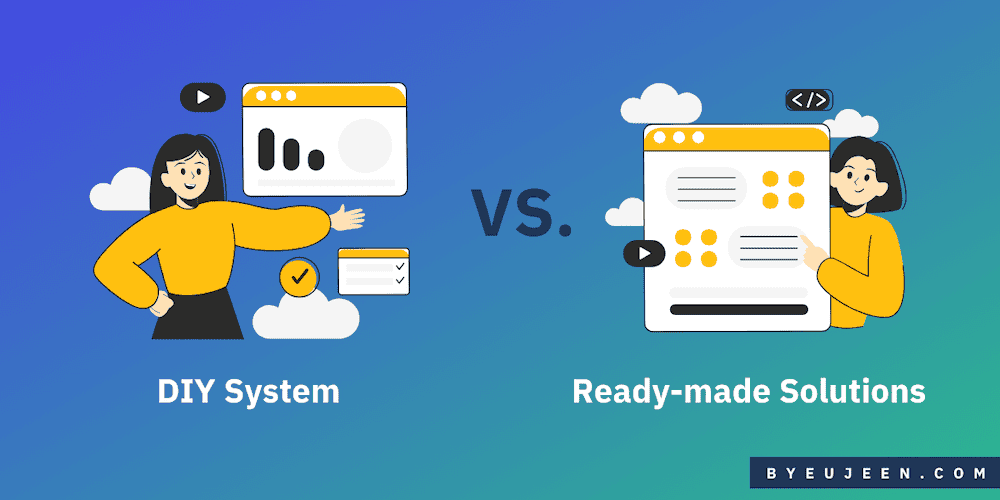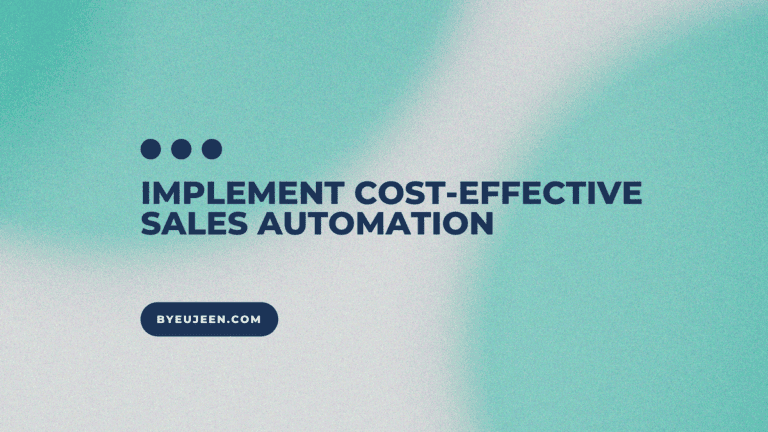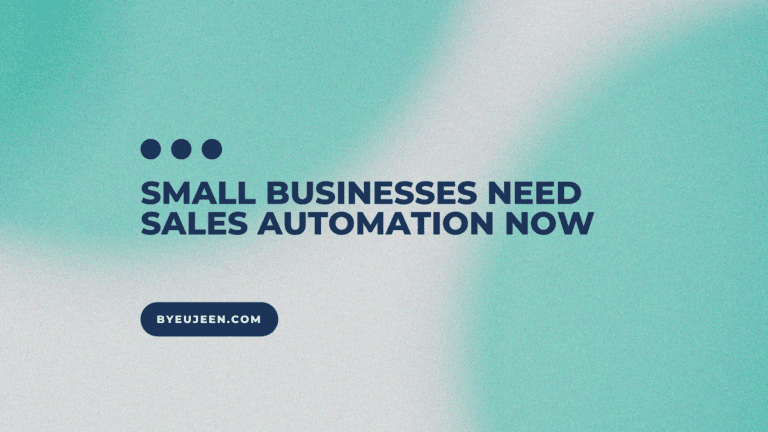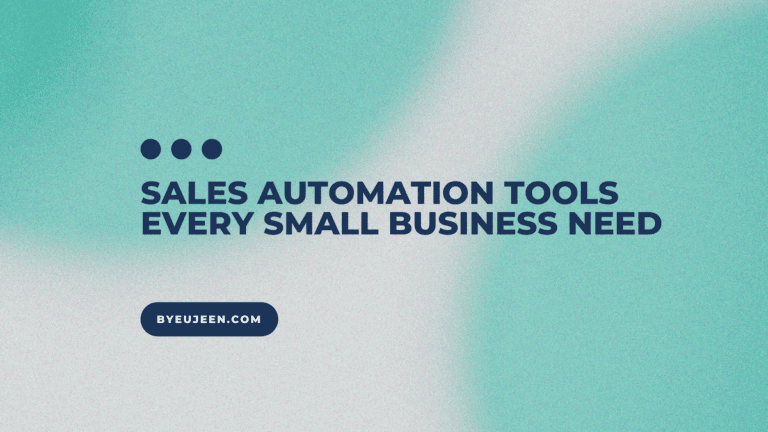DIY vs. Ready-made Sales Automation: Which is Best for You in 2024?
DIY vs. Ready-made Sales Automation.
Choosing a sales automation strategy is a pivotal decision that shapes the future trajectory of your business’s operational efficiency.
This choice splits into two distinct paths: crafting a custom, Do-It-Yourself (DIY) system tailored to your unique business needs or opting for a sleek, professional, Ready-made software solution ready to go right out of the box.
The allure of a DIY system is undeniable for startups and small businesses aiming to streamline their sales processes without breaking the bank.
Meanwhile, established companies looking for robust solutions with minimal fuss might lean towards off-the-shelf solutions.
Let’s explore what makes each option tick and which could be the golden ticket for your sales strategy.
Key Takeaways
- Understanding the balance between customization and ease of use in sales automation.
- We are evaluating the cost benefits of DIY systems versus off-the-shelf solutions.
- Key considerations for integration and scalability in choosing the right automation tools.
Breaking Down Sales Automation
At its core, sales automation is about making your sales cycle work like a well-oiled machine. Think less chaos, more cash.
Whether crafting a bespoke CRM or opting for a ready-to-roll solution, the endgame is to reduce errors and increase efficiency.
Difference between DIY and Ready-Made Sales Automation
Deciding which sales automation solution involves key considerations: Control, Customization, Cost versus Convenience, and Comprehensive Support.
The Do-It-Yourself (DIY) system offers unparalleled control and the ability to customize every aspect of the system to fit specific business needs. This route is like building your software from the ground up, ensuring every feature is crafted to enhance your workflow.
Ready-made solutions, meanwhile, promise quick deployment and reliable support. These professional systems are ideal for businesses looking for a dependable, secure, and maintenance-free option.
They often come with the bonus of regular updates and customer support.
Pros and Cons of DIY System
Pros
Cons
Pros and Cons of Ready-Made Solutions
Pros
Cons
Integration and Scalability: Critical Considerations
Regardless of your pick, it’s no good if your system can’t play nice with others or grow with you. Seamless integration and scalability are must-haves for a thriving business. Here’s why they’re so critical:
Integration seamlessly connects with existing systems, from CRM to email marketing platforms. It’s like ensuring all puzzle pieces fit perfectly, enhancing workflow and data consistency across your business operations. This harmony allows for deeper insights and more strategic decision-making.
Scalability means that your initial setup should be able to expand its capabilities without requiring a complete overhaul—ensuring that as your business needs evolve, your system keeps pace without missing a beat.
Prioritizing these aspects ensures that your automation solution is a temporary fix and a long-term ally in your business growth. This approach keeps your system adaptable and practical, aligning with your company’s changing needs and market demands.
DIY vs. Ready-Made Sales Automation: Which is Right for You?

Choosing between Do-It-Yourself and Ready-made sales automation systems is no small feat. This choice is more than a technical decision—it’s a strategic one that can impact your business’s trajectory.
You may use the Value vs. Complexity Prioritization Matrix approach to help you make better decisions on the most suitable sales automation systems by considering their inherent value and complexity of execution.
Going the DIY route might be your best bet if your business thrives on total control and has specific needs only a custom solution can meet. This approach is perfect for those with the technical resources to maintain and update the system internally.
A ready-made solution is the way to go if you want reliability, ease of use, and quick deployment. These systems are especially beneficial for businesses that want to minimize technical responsibilities and focus more on growth without the hassle of system maintenance.
Both paths have merits, but the right choice depends on your business’s current resources, technical capabilities, and long-term goals. Consider how much time, money, and effort you will invest in building your system or adapting to a ready-made solution.
The right sales automation system should fit your business needs today and grow with you as your needs evolve.
Frequently Asked Questions (FAQs)
What if my business outgrows a DIY sales automation system?
Scaling a DIY system can be complex, as it might require additional development to enhance its capabilities. Consider whether your in-house team can manage future demands or if transitioning to a professional solution might eventually be necessary.
How do integration capabilities differ between DIY and Ready-made sales automation systems?
DIY systems offer flexibility in integration, potentially allowing you to tailor user interfaces (UI) to suit existing workflows. While sometimes less flexible, Ready-made systems generally provide robust integration tools that work well with popular business software.
Does a Ready-made sales automation system have better security?
Yes, typically. Ready-made systems often come with strong security measures and compliance with industry standards, as they are maintained by experienced providers who continuously update their offerings.
What’s the cost difference between DIY and Ready-made sales automation systems in the long term?
DIY systems may have lower initial costs but require significant maintenance and investment in updating. Ready-made systems often involve higher ongoing fees but include support and updates, potentially offering better cost predictability.
Are there options combining the benefits of DIY and Ready-made sales automation systems?
Some service providers offer customizable platforms that provide a base system with optional modifications. These can be an excellent middle ground, offering both scalability and a degree of customization.



